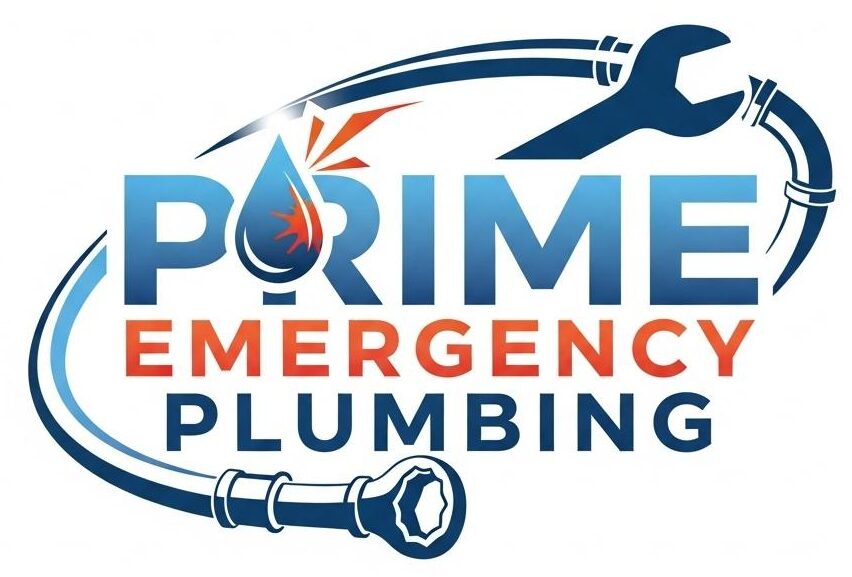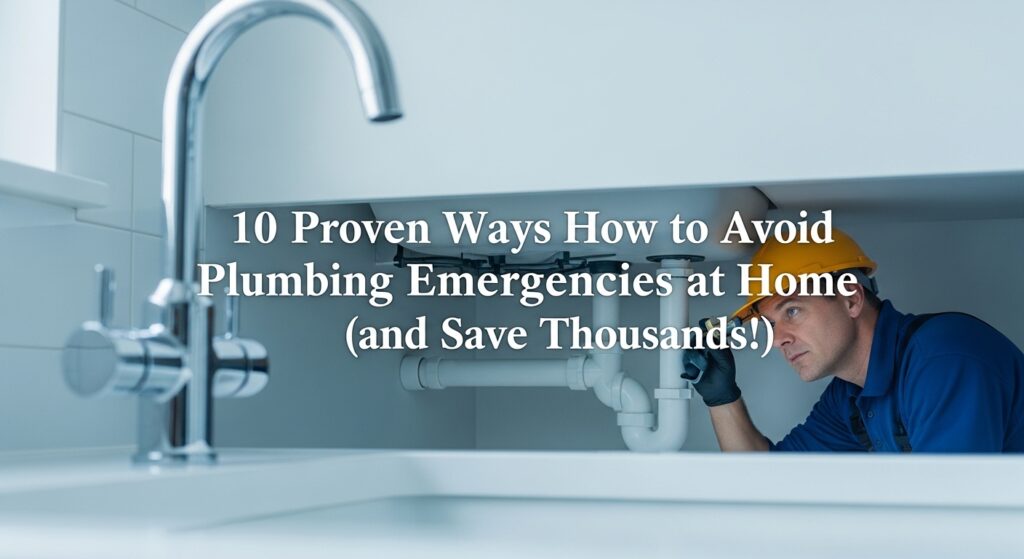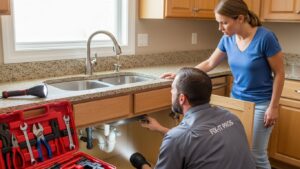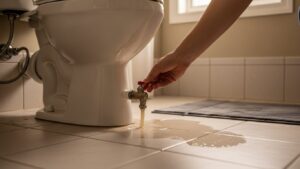Introduction: Why Preventing Plumbing Emergencies Matters
Plumbing emergencies can strike at the worst possible times—burst pipes during freezing weather, overflowing toilets during family gatherings, or leaking water heaters flooding your basement. These aren’t just inconveniences; they’re costly disasters that can cause severe property damage and stress.
Learning how to avoid plumbing emergencies helps you save money, maintain your home’s value, and avoid unnecessary chaos. With a few preventive steps and smart habits, you can keep your plumbing system running smoothly all year round.
Understanding Common Plumbing Emergencies
Before preventing issues, it’s crucial to understand what causes them. Plumbing emergencies often start as minor problems that are ignored or undetected. Let’s look at the most frequent culprits.
Burst Pipes and Leaks
Burst pipes can occur due to freezing temperatures, excessive pressure, or corrosion. Early warning signs include damp spots on walls, low water pressure, or the sound of running water when all taps are off. Insulating pipes and monitoring pressure can prevent such disasters.
Clogged Drains and Toilets
Clogs are among the most common plumbing emergencies. Hair, grease, and foreign objects can block water flow, leading to backups. Avoid flushing wipes or pouring oil down the sink. Use drain strainers to catch debris before it enters the pipes.
Water Heater Failures
A water heater breakdown can disrupt your routine. Regularly check for rust, leaks, or strange noises. Flushing your heater once a year removes sediment buildup and extends its lifespan.
Sewer Line Backups
Sewer issues often result from tree roots, grease buildup, or damaged lines. Warning signs include slow drains and foul odors. Scheduling a camera inspection every few years helps detect issues before they become emergencies.
Routine Maintenance to Prevent Plumbing Emergencies
The best defense against plumbing disasters is consistent maintenance.
Monthly Plumbing Checklists
Each month, inspect sinks, toilets, and visible pipes for leaks. Check under the kitchen sink for moisture and test all faucets for water pressure consistency.
Annual Professional Inspections
Even if everything seems fine, schedule a professional inspection once a year. Licensed plumbers use specialized tools to detect hidden leaks, inspect sewer lines, and ensure your water heater operates safely.
Smart Habits for Everyday Plumbing Care
Good daily habits go a long way toward preventing emergencies.
Be Mindful of What You Flush or Pour
Only flush toilet paper—nothing else. Avoid dumping grease, coffee grounds, or harsh chemicals down the drain. These substances can corrode pipes or cause severe clogs.
Maintain Proper Water Pressure
Excessive water pressure can strain your pipes. Use a pressure gauge to monitor levels—ideally between 40 and 60 psi. If it’s too high, install a pressure-reducing valve.
Protecting Your Pipes in Cold Weather
Cold temperatures can be your plumbing system’s worst enemy.
Insulating Exposed Pipes
Wrap exposed pipes in foam insulation, especially in basements, attics, and crawl spaces. This simple step can prevent pipes from freezing and bursting.
Draining Outdoor Faucets
Before winter arrives, disconnect hoses and drain outdoor faucets. Shut off the exterior water supply to prevent freezing.
Detecting Hidden Leaks Early
Early leak detection saves water and prevents costly damage.
Using Water Leak Detectors
Smart water leak detectors send alerts to your phone at the first sign of moisture. They’re affordable and can be placed near appliances, sinks, and toilets.
Monitoring Water Bills and Meter Readings
A sudden spike in your water bill usually indicates a hidden leak. Turn off all water fixtures and check if the meter still moves—if it does, call a plumber immediately.
The Role of Water Softeners and Filtration Systems
Hard water can lead to mineral buildup inside your pipes and appliances. Installing a water softener reduces scale, increases plumbing efficiency, and prolongs fixture lifespan. Similarly, filtration systems prevent sediment from clogging faucets and valves.
Emergency Preparedness: What to Do If a Problem Strikes
Even with the best prevention, emergencies can happen.
Shutting Off the Main Water Supply
Know where your home’s main shut-off valve is located. In case of a leak or burst pipe, turning it off immediately can prevent flooding.
Contacting Professional Help Immediately
Have the contact number of a trusted 24/7 plumber saved in your phone. Quick response minimizes damage and repair costs.
Long-Term Plumbing Upgrades for Prevention
Benefits of Modern Plumbing Materials
If your home still uses galvanized steel or lead pipes, consider replacing them with PEX or copper. These materials resist corrosion and provide long-term durability.
Installing Smart Leak Detection Systems
Modern plumbing technology offers devices that monitor water usage and detect anomalies in real time. These smart systems can automatically shut off the water when leaks occur—saving you from potential disasters.
FAQs About How to Avoid Plumbing Emergencies
Q1: How often should I inspect my plumbing system?
A: Perform a visual check monthly and hire a professional once a year.
Q2: Can I use chemical drain cleaners safely?
A: Avoid them. They can damage pipes; opt for natural solutions like baking soda and vinegar instead.
Q3: What temperature should I keep my home to prevent frozen pipes?
A: Maintain indoor temperatures above 55°F (13°C), even when away.
Q4: How can I tell if I have a hidden leak?
A: Watch for damp spots, mold growth, or unusually high water bills.
Q5: Are smart leak detectors worth it?
A: Absolutely. They’re affordable and provide instant alerts before damage worsens.
Q6: What’s the best way to maintain water pressure?
A: Install a pressure regulator and check it periodically with a gauge.
Conclusion: A Little Maintenance Goes a Long Way
Plumbing emergencies don’t just happen—they’re often the result of neglect. By following these preventive tips, you can avoid plumbing emergencies, save money, and ensure peace of mind. Regular maintenance, smart upgrades, and responsible habits are the keys to keeping your plumbing system healthy for years to come.
For more professional advice on home maintenance, check out The Spruce’s plumbing guide




